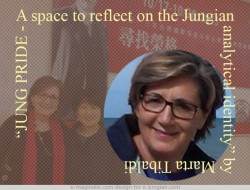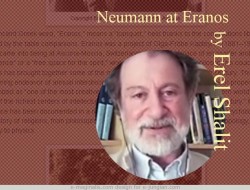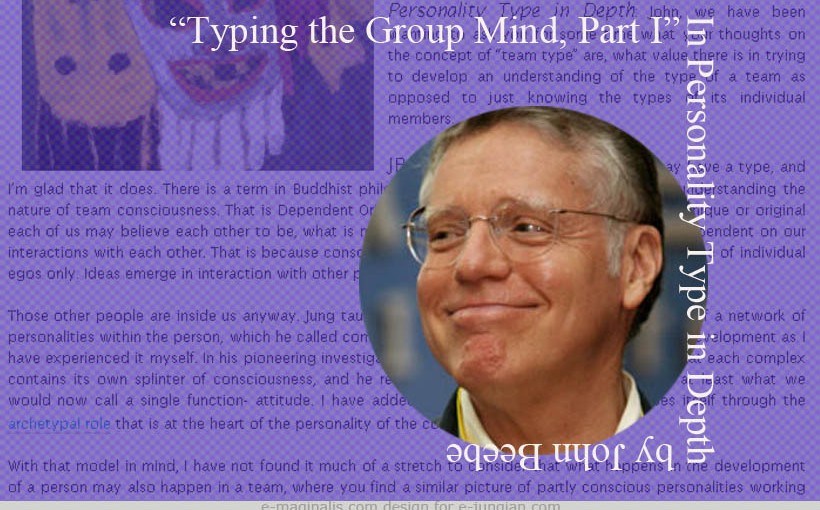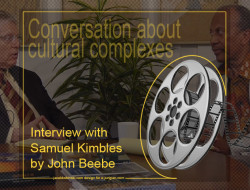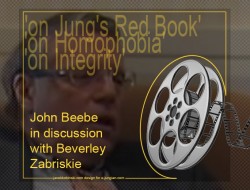The interview with Jungian analyst John Beebe conducted by Bob McAlpine on behalf of „Personality Type in Depth” Dec. 23-24, 2010. From the interview:
Personality Type in Depth: John, we have been wanting to ask you for some time what your thoughts on the concept of “team type” are, what value there is in trying to develop an understanding of the type of a team as opposed to just knowing the types of its individual members.
John Beebe: The question asserts that a team may have a type, and I’m glad that it does. There is a term in Buddhist philosophy that I believe might be helpful in understanding the nature of team consciousness. That is Dependent Origination, and it means that no matter how unique or original each of us may believe each other to be, what is most original about us, our consciousness, is dependent on our interactions with each other. That is because consciousness is an eco-system rather than the province of individual egos only. Ideas emerge in interaction with other people. Those other people are inside us anyway. Jung taught that ego-consciousness itself emerges out of a network of personalities within the person, which he called complexes, and I have followed him to map this development as I have experienced it myself. In his pioneering investigations of personality complexes, Jung saw that each complex contains its own splinter of consciousness, and he recognized that this splinter had a type, at least what we would now call a single function- attitude. I have added the notion that the type expresses itself through the archetypal role that is at the heart of the personality of the complex.
 John Beebe
John Beebe
John Beebe, a Jungian analyst in practice in San Francisco, has been writing and lecturing about popular culture for thirty years. Concentrating particularly on the American cinema, he has demonstrated how archetypal patterns shape not only the scenarios but also the directorial styles that are most characteristic of our country’s canon, from the showcases of the great silent comedians, through The Wizard of Oz, film noir, the Hitchcock and Welles classics of the forties and fifties, and such auteur masterpieces as Letter From an Unknown Woman, The African Queen and Rebel Without a Cause, and on to contemporary classics like Broadcast News, The Grifters, Schindler’s List, and Brokeback Mountain. Jungian psychological themes Dr. Beebe has identified in American film include humiliations of the body, the trickster’s role in individuation beyond the hero, the interplay of integrity and synchronicity, and the comedy and drama of competing types of psychological consciousness. His most recent book, co-authored with fellow analyst Virginia Apperson, is The Presence of the Feminine in Film, now available in paperback.
Tags: John Beebe, Jungian typology












